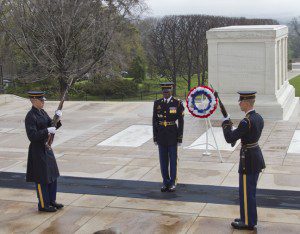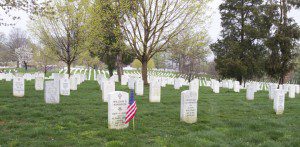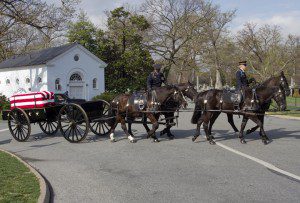For the last several months, I’ve been working on a project to record oral histories from West Virginia war veterans. It has been a touching, eye opening and inspiring project so far and I am sure it will continue to be.
So far, I have interviewed 37 veterans and collected their stories. It has been a lot less about “war stories” and more about experiences and the lasting costs of those wars for the men and their families.
Later this summer I will begin the process of editing all of these memories into a single documentary project. It will include a multimedia presentation along with a printed book.
I have about 10 more veterans on my list that I plan to interview when I return to it in mid-June. But I am still looking to interview women who served during any conflict and any veteran from Afghanistan. If you know of anyone from West Virginia in either of these categories, please send me an email with their contact information.
On this Memorial Day, I wanted to draw your attention to previous posts on this subject. Take a listen to some of the short clips and thank someone for their service, or take a moment to remember those who aren’t with us anymore.


 Even though Arlington is a cemetery, I never get the feeling that it is about death. Just the opposite. It is about the lives of the men and women who served. I always find myself quiet when I walk through the gate as if feeling the weight of those lives. But when I leave, I always feel inspired and my steps are lighter. The strength of Arlington buoys me up.
Even though Arlington is a cemetery, I never get the feeling that it is about death. Just the opposite. It is about the lives of the men and women who served. I always find myself quiet when I walk through the gate as if feeling the weight of those lives. But when I leave, I always feel inspired and my steps are lighter. The strength of Arlington buoys me up.



